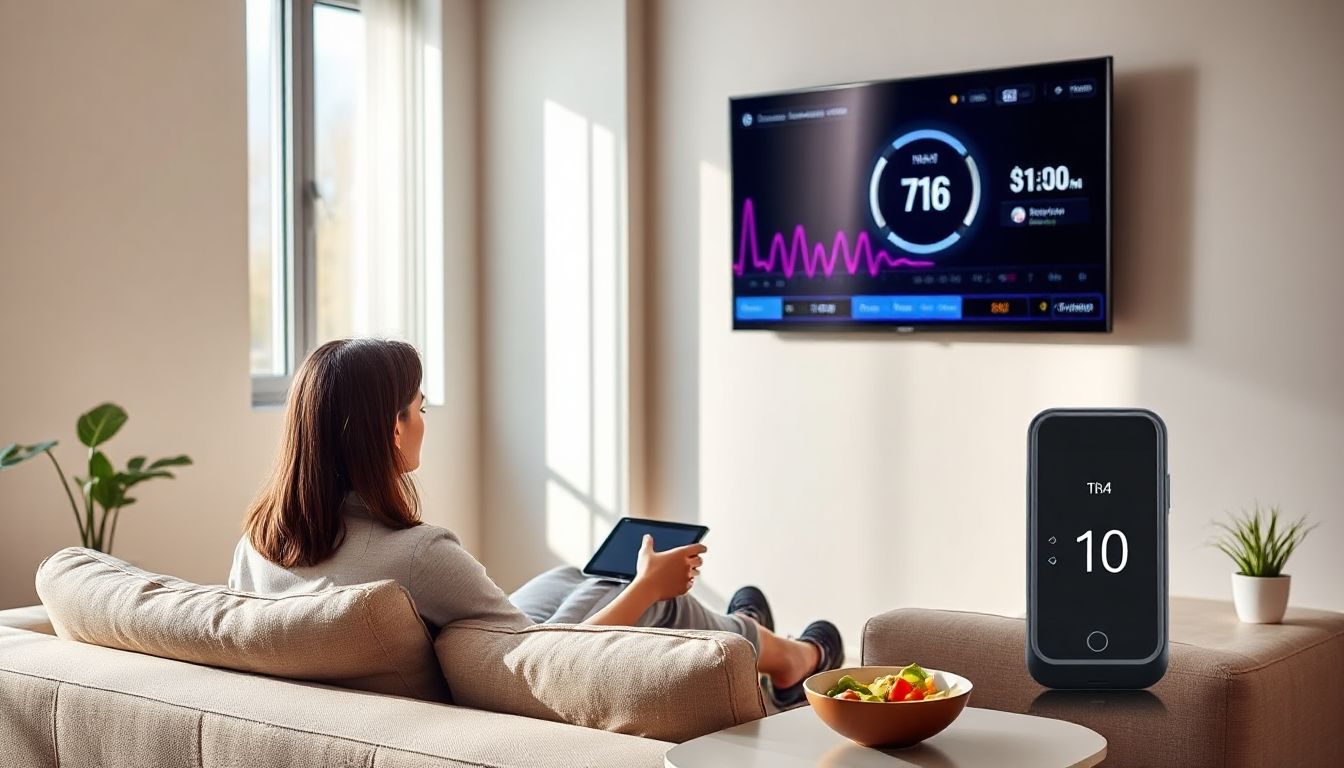Negative Impacts of watcing Televison on mental and physical health

Health Effects of Television: How Screen Time Impacts Physical and Mental Well-Being
Introduction
Television has become a part of our daily routine. It influences how we relax, learn, and even socialize. Over the years, TV watching has changed with new technology like streaming and binge-watching. These shifts make it easier than ever to spend hours in front of a screen. But what does all this screen time mean for our health? Understanding the effects can help us make smarter choices. Balancing TV use is key to staying healthy physically and mentally.
The Impact of Television on Physical Health
Sedentary Lifestyle and Its Consequences
Watching TV often means sitting still for long periods. This sedentary lifestyle isn’t just relaxing; it can harm your body. Sitting too much is linked to weight gain and obesity. It also raises chances of heart disease and type 2 diabetes. Recent studies show that people who watch more than 3 hours daily have increased health risks. Moving around, even a little, can help offset these dangers.
Eye Strain and Visual Problems
Staring at screens for hours can wear out your eyes. Common symptoms include dry eyes, blurry vision, and headaches. That’s because extended screen time causes Digital Eye Strain, also called Computer Vision Syndrome. To protect your eyes, try the 20-20-20 rule: look away every 20 minutes for 20 seconds at something 20 feet away. Proper lighting and blinking often can also make a difference.
Sleep Disruption and Its Effects
Watching TV before bed can ruin your sleep. The blue light emitted by screens lowers melatonin, a hormone that helps you sleep. As a result, many people toss and turn or wake up feeling tired. Excessive TV watching, especially late at night, often leads to insomnia. To sleep better, turn off screens at least an hour before bed. Creating a relaxing bedtime routine can improve sleep quality.
The Psychological and Cognitive Effects of Television
Impact on Mental Health
High TV use has been linked with feelings of depression and anxiety. Watching violent or overly sensational content can increase stress and emotional instability. On the flip side, positive and educational shows can boost our mood and provide valuable lessons. Paying attention to what we watch matters just as much as how long we watch.
Influence on Attention Span and Cognitive Development
Kids who watch too much TV may find it harder to concentrate. Long hours of passive viewing can slow brain development and reduce learning ability. Active activities like reading, puzzles, or sports help sharpen focus. For children, setting limits on TV time and encouraging engaging play helps develop better attention skills.
Influence on Body Image and Social Perceptions
TV shows often show unrealistic beauty standards and stereotypes. This can hurt the self-esteem of teenagers and young adults. Many grow up thinking they need to look a certain way to fit in. Media literacy — understanding what’s real and what’s exaggerated — helps. Showing diverse, authentic images promotes healthier body images and better self-esteem.
Negative Behavioral and Social Consequences
Promotion of Unhealthy Habits
The more we watch TV, the more likely we are to snack on junk food. Fast food commercials often tempt viewers into unhealthy choices. Also, excessive screen time leaves less time for physical activity, making it easier to become sedentary. These habits can lead to long-term health problems like obesity.
Social Isolation and Reduced Interpersonal Skills
Spending hours in front of the TV can limit real-life interactions. Families may find it harder to connect or communicate if screens dominate their free time. Social skills like listening, sharing, and teamwork can weaken. To balance things out, spend quality time with loved ones and enjoy face-to-face conversations.
Strategies to Mitigate Health Risks Associated with Television
Setting Healthy Viewing Limits
Experts recommend specific screen time limits based on age. Children aged 2-5 should watch no more than an hour each day. Teens and adults can aim for less, depending on their daily routines. Establishing TV-free zones in bedrooms and during meals helps create healthier habits. Use timers or apps to keep track.
Encouraging Active and Interactive Viewing
Instead of just passively watching, add some movement. During commercials, stand up, stretch, or do a quick workout. Pick shows that involve participation or learning. Interactive content, like quizzes or educational games, keeps minds engaged and makes TV time more productive.
Promoting Alternative Leisure Activities
Balance screen time with outdoor play, hobbies, and social activities. Reading, sports, and creative pursuits offer physical and mental benefits that TV alone can’t provide. Schedule regular breaks and have technology-free hours to refresh your mind and body.
Conclusion
Watching television is a common activity that can impact your health in many ways. Too much screen time can lead to physical health issues, mental health struggles, and social problems. But with mindful habits, you can enjoy TV without harming yourself. Stay aware of your viewing habits, set limits, and prioritize active and social activities. Small changes can lead to a healthier, happier balance with your screen time. Take a moment today to evaluate how much TV you’re watching and make a plan for better habits.










Comments
Post a Comment